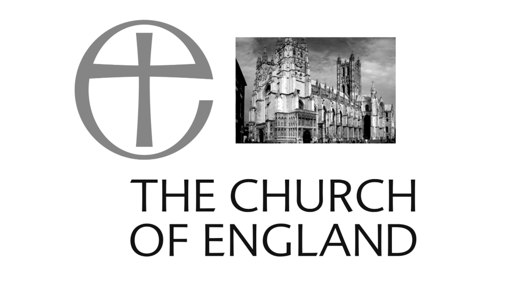
A prominent British Evangelical Anglican came out in 2015 and now she testifies about sexual abuse in the Church of England. Jayne Ozanne said she was raped by a priest in the 1990s, and that later a bishop advised her not to report the attack. “I trusted him because he was a priest,” she told Channel 4 News. “Shame and guilt is what kept me quiet and silent for so many years.” She said she wondered whether the priest had gone on to sexually assault others. When she eventually told a bishop about the alleged rape, he “suggested I should let it go”. She campaigns for gay equality within the Church of England and the wider evangelical community.
In a letter to the Guardian, Ozanne said: “Abuse of power, particularly in relation to sexual misdemeanours, will never be dealt with by those within the same said power structures. The urge to protect one’s reputation is too strong.”
The big part of the problem in the Church of England is that it has for too long been its own arbitrator and judge in matters like these. Some female clergy and lay members are now calling for an independent mediation service to deal with sexual harassment and abuse claims. The need for a trusted group to whom members can report names is urgent. It will only be by seeing the pattern of particular names as they emerge that the victims will finally be able to do something. For this they need complete confidence, and for that they need no risk of compromise.
Rachel Treweek, the bishop of Gloucester and the first female bishop to sit in the House of Lords, said the past few weeks had shown how widespread sexual harassment was in society. As the ripple effect of the Harvey Weinstein revelations spreads across Westminster, the arts world and the media, one senior lay figure said sexual harassment and abuse within the Church of England was “manifold” at almost every level of the hierarchy. A number of female clergy and lay members of the church have used the #MeToo hashtag on Twitter, indicating that they have experienced sexual harassment or assault, including Jo Bailey Wells, the bishop of Dorking.
She said: “I think it’s an issue in society and therefore we would be naive if we thought it wasn’t also an issue in the church. The danger is when we imagine that the church is somehow an elite group of people. Yes, we are trying to be followers of Jesus Christ and therefore we should be aspiring to living our lives differently. But actually we are all human beings.”
“Helen”, a newly ordained member of the clergy who declined to give her real name, told the Guardian she had experienced sexual harassment from two male priests, and she knew of a third clergyman who had “harassed a number of women over the years”. Helen withheld her name “because I have seen at very close quarters how victims are treated and made to feel that they are the ones who have issues and need to ‘get over it’. We never ‘get over it’, but we learn to live with it.”
Photo Credits: Wikimedia
